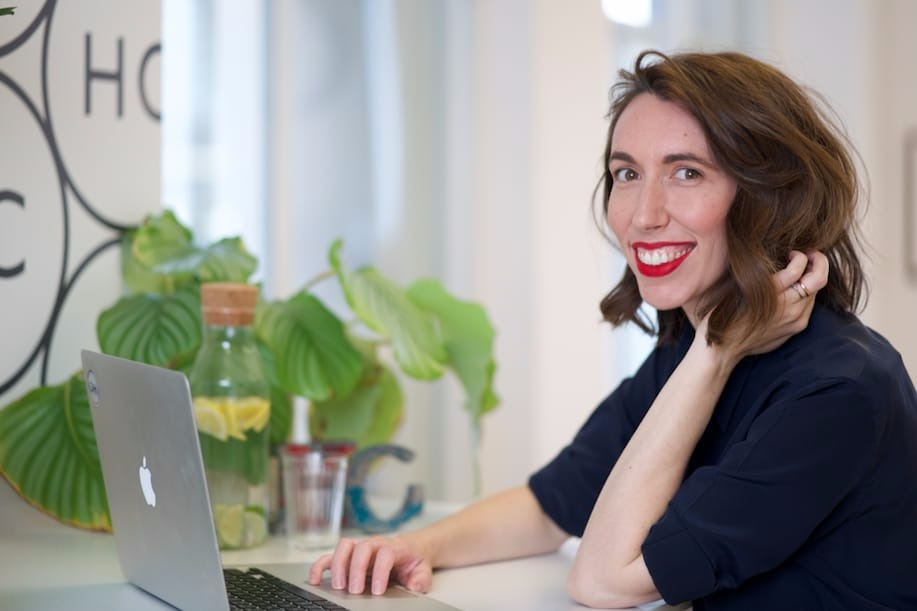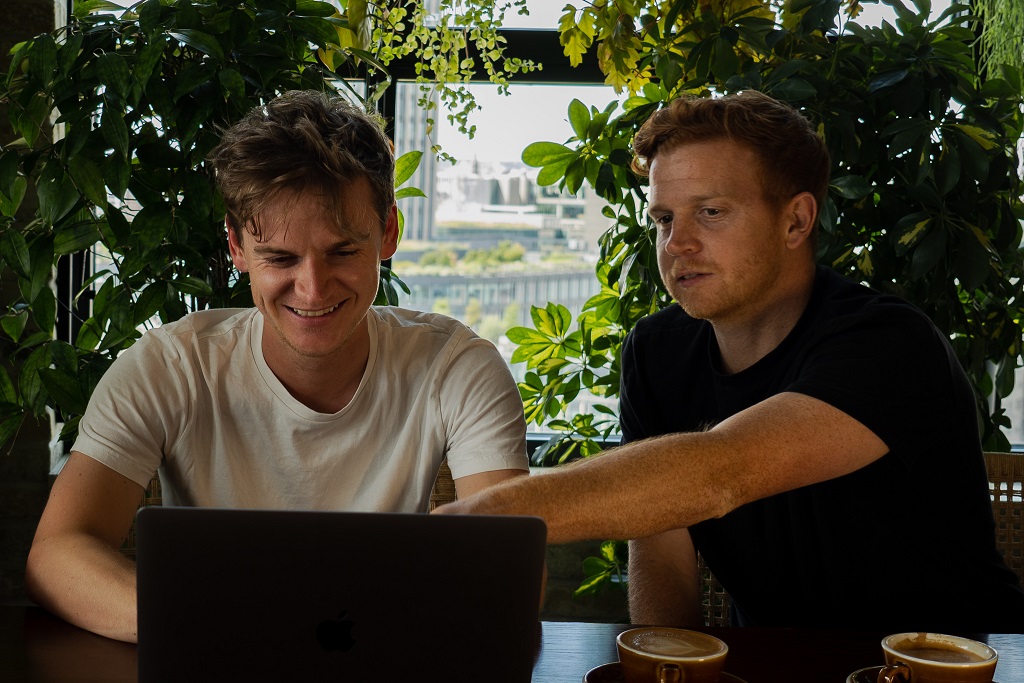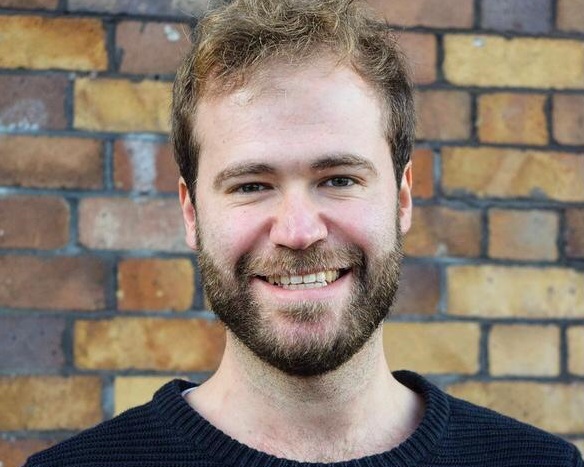More and more sectors are adapting to co-working spaces, allowing people to follow a freelance lifestyle.
We chat to Lacey Hunter-Felton about how she created Hunter Collective, a co-working space for people who work in the beauty and hairdressing industries.
What inspired Hunter Collective?
I’d been in the salon since I was 16, I’d gone through my career happy in salons.
But I saw the way that the women who were educating me and mentoring me were slowly trickling out of that environment.
The beauty industry hasn’t really changed from the 1960s, so I didn’t really know any different. It’s full of freelancers that need a space that in nine times out of ten they can’t afford, don’t want to commit to or are intimidated by.
The way we do things in the industry has the potential to evolve.
Across the world, co-working has really started to pick up in tech and I thought, ‘Oh, the way that those companies and freelancers are working is really cool’. I love that they can go city to city and run their businesses in the style that they want in a totally individual culture.

That’s what I wanted to do and there’s no reason we can’t do it. We already travel, we already work in a lot of interesting ways, we already have diverse career paths.
So I built it.
How did you go about setting Hunter Collective up?
When I got to my late 20s, I started reaching out to the women who had inspired me, asking them where they were and what they were doing.
They’d decided to have a child or two and their work style couldn’t accommodate. They needed to work flexibly, and so I looked at these incredible women who had 20-odd years’ experience and skillset – they were just disappearing.
“Flexibility doesn’t mean having a child necessarily – it’s about choice”
I didn’t want to have a child and then try and work it all out. I wanted the job to be ready for me to walk into and have.
I sat down with a lot of women, I really listened to what they were telling me. I went over to the States and lots of other places for research with women within my industry.
Flexibility doesn’t mean having a child necessarily – it’s about choice – I could no longer have that choice because I didn’t play by those rules. It really infuriated me.
But during the build process of the concept, I became pregnant. We opened Hunter Collective nine weeks after my son was born. I’m living and breathing the life choices and flexibility I believe we should have in my industry.
How did you deal with the challenges that came with the pregnancy?
I embraced and acknowledged the fact that I was a woman raising investment while I was pregnant. You can’t hide it. I think that it empowered me. It was an incredibly emotive and powerful tool that worked to my advantage.
There was a deadline: if I don’t raise the money, the business doesn’t happen.
I didn’t really think negatively – I just walked into the investment meetings very prepared. I knew my numbers and was ready for every person I spoke to. I was very lucky that I had a very good pregnancy and I owned the fact that I was pregnant as I was looking to shake-up the industry for women. It was genuine.
Questions were fired back to me about commitment or the fact that the baby was coming. I made a very personal decision that I would take it all on I think that that self-belief and drive made me go for it.
“I’m living and breathing the life choices and flexibility I believe we should have in my industry”
I have a business partner so there were two of us in the meeting. He was obviously as committed as I am. We were sitting down with a room of people who believed in us and believe our business.
I believe from what I hear from other people is that you get investment because the investor believes in the person as much as the idea. We sat down with people who didn’t invest because they didn’t know us very well.
I think you have to be very choosy when it comes to who you discuss ideas with. In my experience, you take investment from people you trust as much as they trust you. We have good relationships with our investors and we’re honest with them.
Being pregnant was the best thing that could’ve happened.
What needs do beauty professionals have?
In the industry, there’s a need for practical workspace that’s transparent and independent.
We’re a brand-neutral space, which means that we’re not connected to a particular brand, which is very unusual. We welcome diversity, different skillsets and brands. We communicate effectively – all of our bookings are online systems.
It’s important that we took away all of the to-dos of freelancing. We looked at all the reasons people might not feel so confident in being a freelancer and found solutions.

One issue was moving towards alternative payments. I think things are done in cash because payments and accounts are quite intimidating. It’s quite a stressful way of running a small business.
The beauty industry is generally creative. A majority, including myself, are not comfortable with numbers. The simplest and quickest route is to take cash. But for me, cash doesn’t secure you a mortgage. That’s an issue I came up against buying a flat as I had to prove my earnings.
I worked in a salon on commission – we don’t do that at Hunter Collective. It’s really trying to open up and bring a fresh approach.
Having different technologies has made it a lot more accessible. That is so empowering. I want as many people in my industry as possible to know how to run their businesses – it doesn’t have to be complicated or difficult.
Also see: What insurance do I need for my beautician business?
In future, we want to roll out globally. I love the idea that a hair expert in London could fly to LA and give the same service to clients there.
We just need to get a Hunter Collective in every fashion capital and every major city to accommodate the people who need us. I’d also like to give independence and flexibility to working women in my industry.
Co-working is growing faster in London than any other place in the world – why do you think that is?
I think that the diversity of London and the way people come here and embrace different styles and cultures is incredible. It just changes all the time.
The UK is really ambitious and I feel we are a motivated place. People come from all over the world to be part of that energy. I’m really thankful for that. London has embraced technology while maintaining its creative culture.
It can be lonely being a freelancer, setting up something without any support. I think that co-working gives people access to that community when the may not have had it otherwise. If fewer people are lonely and more people are happy doing what they’re doing, then that’s great.





